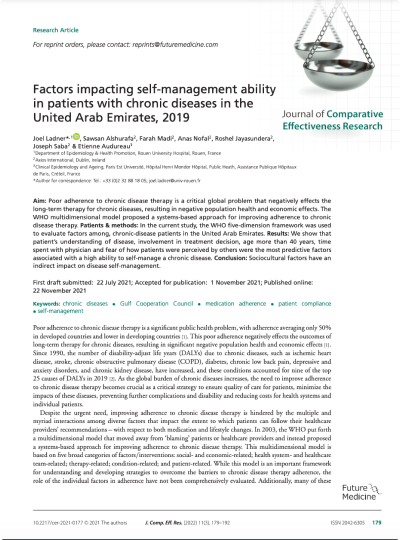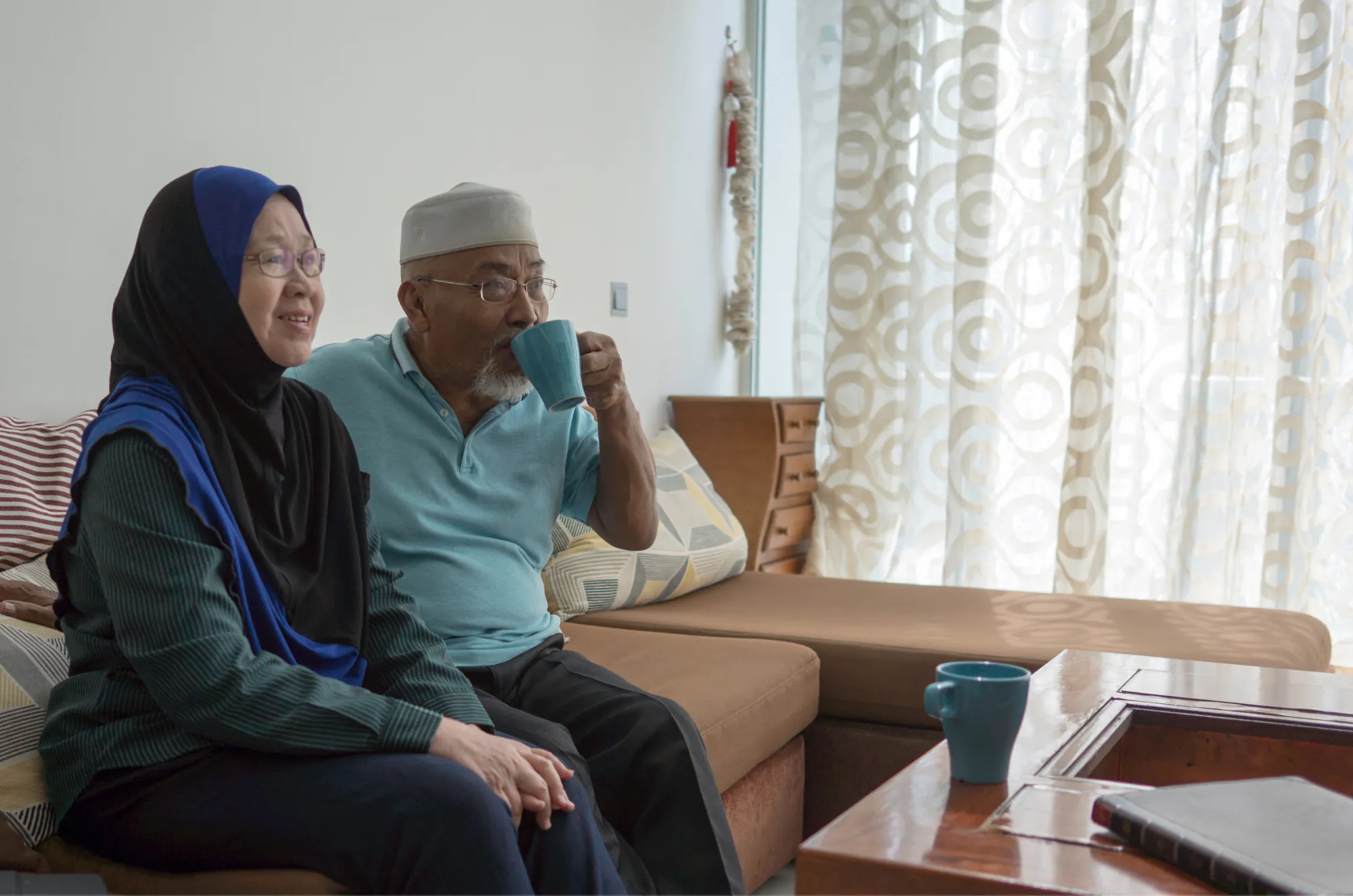Using Axios proprietary Patients Needs Assessment Tool (PNAT), patients undergo a personalized assessment to identify potential barriers preventing them from achieving maximum medical benefit from treatment. PNAT was built around the five dimensions of adherence set by the World Health Organization (WHO). It uses a qualitative and semi-quantitative questionnaire to identify and document individual patient risk factors and apprehensions that may lead to poor adherence or discontinuation of treatment.
Emphasizing the need for personalized care and treatment in the right place at the right time, we provide a broad range of adherence solutions. Results of the assessment are used to develop a personalized support plan for the patient based on their unique needs. These plans can include interventions like disease and treatment education, emotional support services, quality of life services, insurance coordination and remote care services.
How does our personalized patient support plan contribute to sustainable outcomes?
Our partnered-access programs not only yield improved medical outcomes but also reduce the burden on hospitals and healthcare professionals by following through with patients outside the hospital. Additionally, through the programs we manage, we foster trusted relationships with patients, their families, and caregivers, thus ensuring sustained program outcomes.
Sawsan Alshurafa
Head of Access to Maximized Adherence











